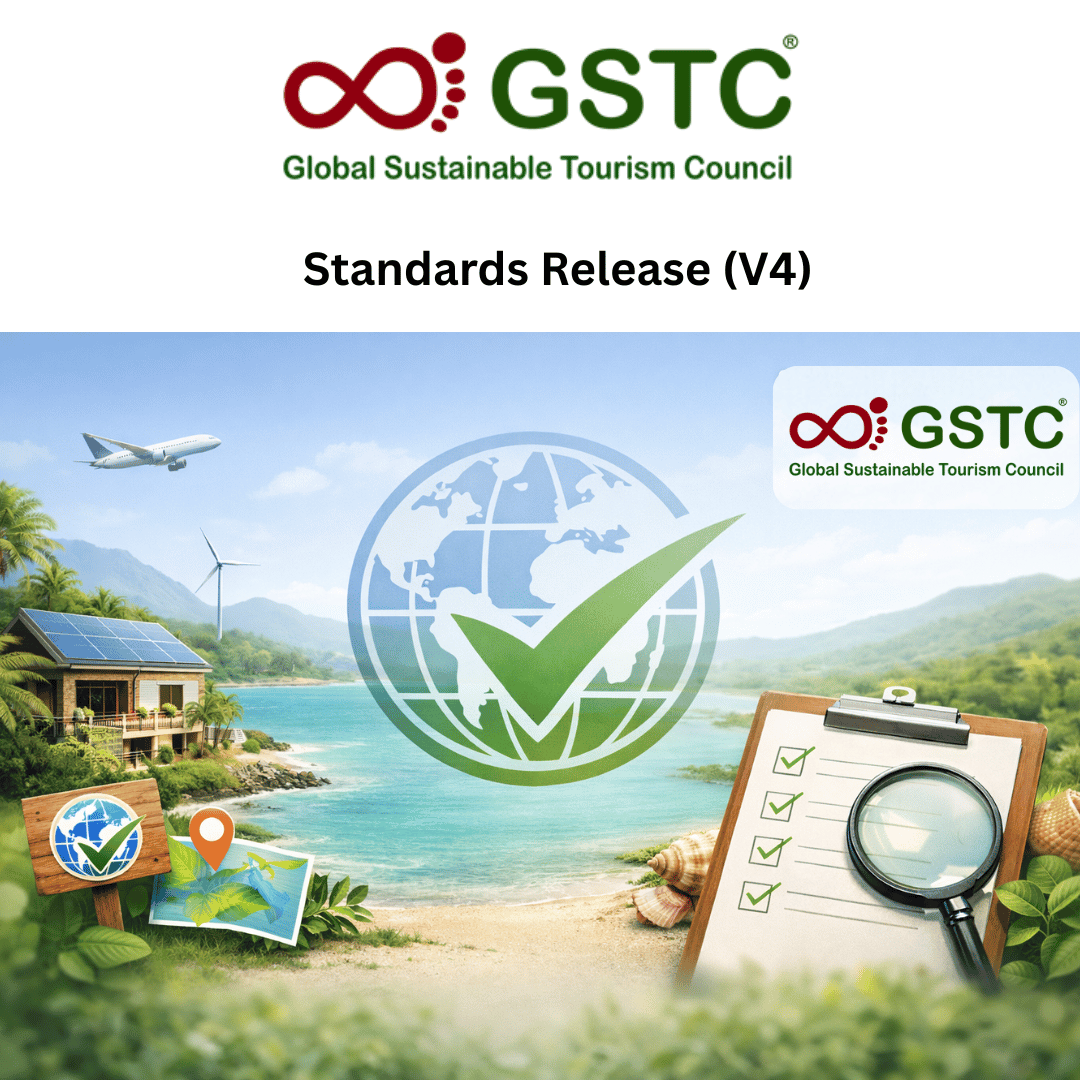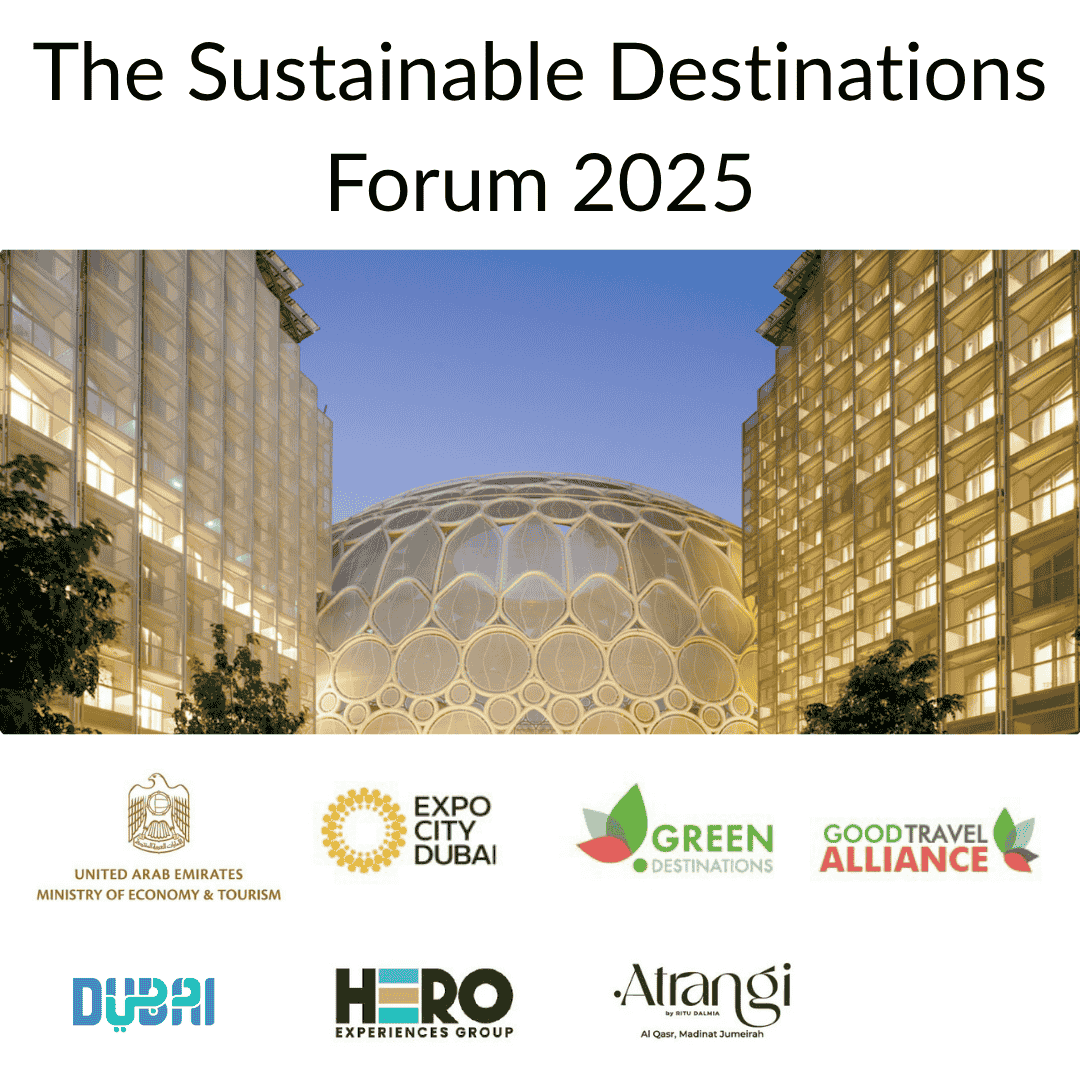Fermentation is gaining momentum within the food and beverage industry, with Russian-style cordials emerging as a popular choice among conscientious consumers and innovative mixologists. These beverages often incorporate ingredients such as peels, herbs, and overripe fruits—carefully utilised to minimise waste and promote resourcefulness.
A prime example is kvass—a traditional Russian fermented beverage with a rich history dating back centuries. Traditionally crafted with rye bread, whey, and beets, modern interpretations often feature lighter, fruit-infused versions. These creations typically require fewer ingredients and involve moderate fermentation periods, making them accessible to both home enthusiasts and professional chefs. Known for its refreshing profile and probiotic qualities, kvass underscores a broader interest in supporting gut health through fermented foods and drinks.
Denis Pashkov exemplifies how fermentation can be integrated into sustainable bartending practices. Operating from Dubai’s Moonshine Bar—the first in the Middle East to incorporate fermentation techniques such as koji, jiu niang, kvass, and kombucha—he demonstrates that mindful fermentation can help minimise waste while delivering bold, distinctive flavours. While fermentation is an effective component of sustainability, its impact is maximised when combined with sustainable practices such as ingredient reuse, local sourcing, and waste reduction.
In partnership with Denis Pashkov, Anantara The Palm Dubai Resort champions a holistic approach to sustainability within its Food & Beverage offerings. The hotel’s culinary team frequently develops zero waste menus, emphasising ingredient utilisation and waste minimisation. Collaborations with local and organic producers further enhance their commitment to responsible sourcing. Their initiatives include harvesting from their vast onsite hydroponic farm for maximum freshness, transforming surplus ingredients into house-made cordials and syrups, as well as repurposing wine by-products into vinegar—examples of a dedicated effort to reduce waste and promote eco-conscious dining.
This commitment to responsible cuisine perfectly complements Denis’s work with fermented beverages, which blend flavour, health benefits, and sustainability. His signature cocktails and mocktails are designed not only to delight the palate but also to educate guests about the advantages of fermentation—supporting gut health and reducing reliance on heavily processed ingredients.
Upcoming Event at Anantara The Palm Dubai
Don’t miss the opportunity to experience Denis Pashkov’s latest creations live:
Friday, 30 May 2025, from 7:00 pm to 11:00 pm
The Lotus Lounge, Anantara The Palm Dubai
Cocktails & mocktails starting from AED 50
Fermented drinks such as kvass and other Russian cordials are increasingly capturing attention as sustainable alternatives for crafting flavourful cocktails. They offer an approach that aligns taste, health, and environmental consciousness. As more bartenders and enthusiasts explore these traditions, fermentation continues to reveal its potential as a meaningful, nutritious, and eco-friendly element of modern beverage culture.








